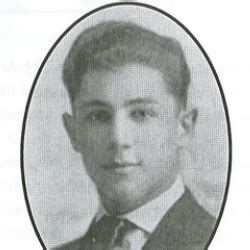A Quote by Elizabeth Gilbert
The thing I love about Dickens is the omniscient, omnipotent narrator, and the great confidence of the narrator, which marks 19th-century novelists in general and Dickens in particular.
Related Quotes
If someone tells you that George Bush is not the 43rd president of the United States, they might be engaged in wishful thinking, or denial, but if they make that claim, it's either true or false! And you can assess that, regardless of whether there's an omniscient narrator, or an unreliable narrator, or it's shot in vérité, or it's manipulated, it's agitprop, whatever! It makes no difference! It's a style!
Dickens's final book, 'The Mystery of Edwin Drood,' forms the jumping-off point for my new novel, 'The Last Dickens'. This last work by Dickens has very little social commentary and a pretty tightly efficient storyline and cast of characters. Not necessarily what we think of when we think what characterizes Dickens.





































